THE LEGEND OF THE HOLY DRINKER
by Joseph Roth
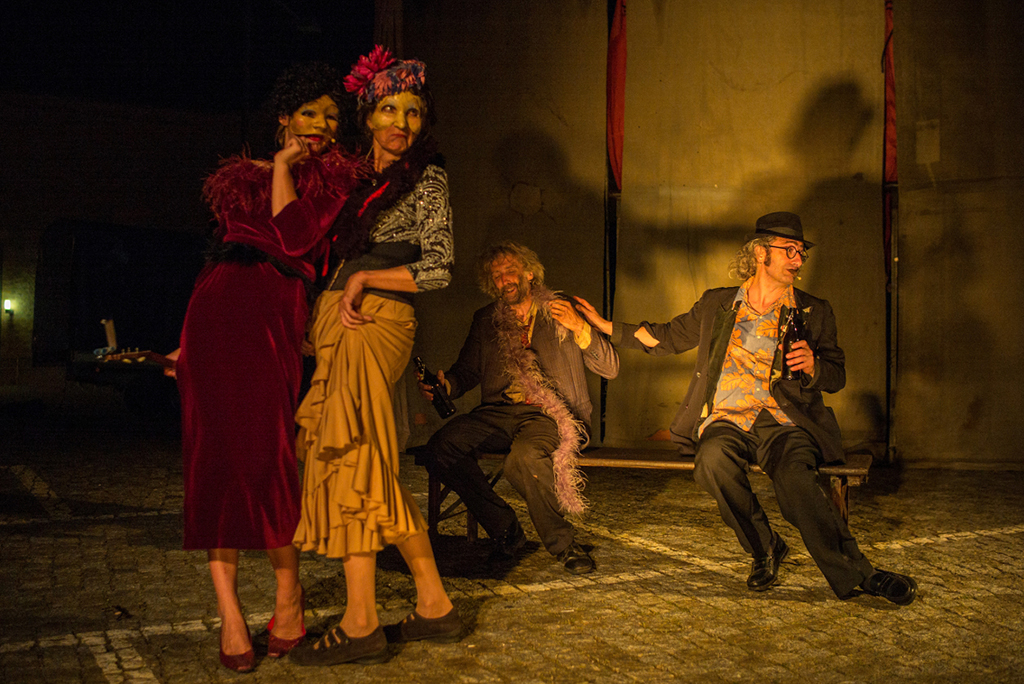
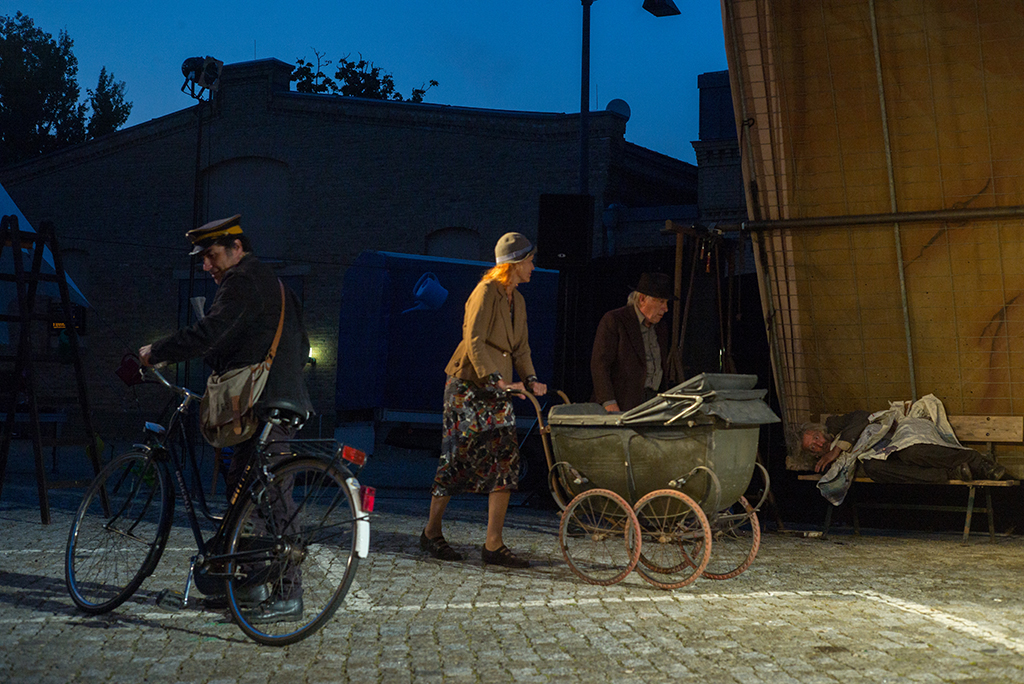
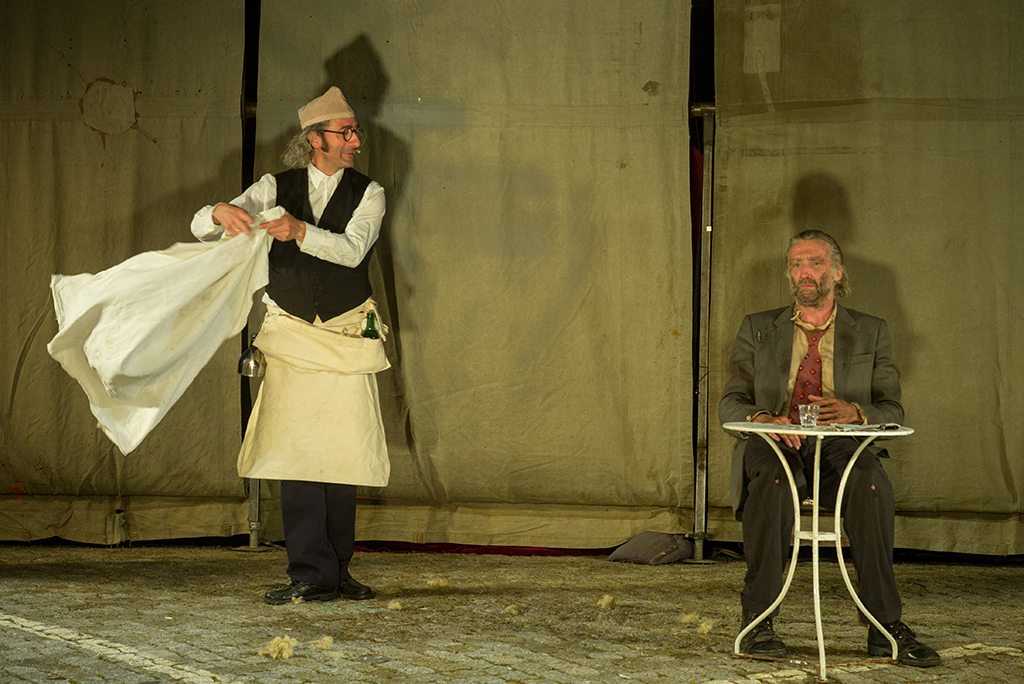
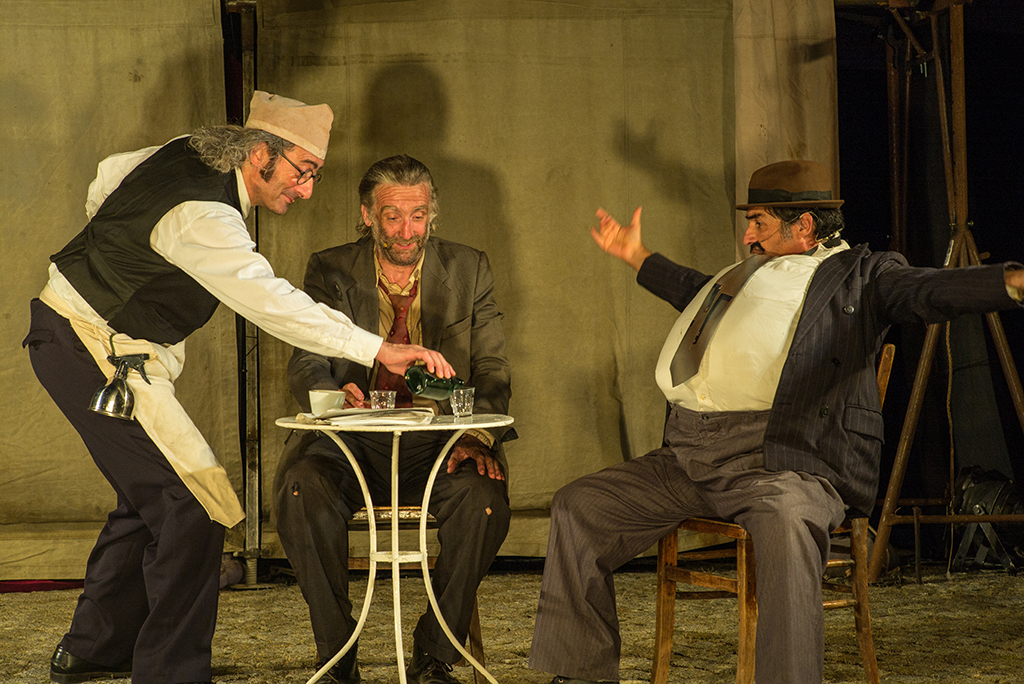
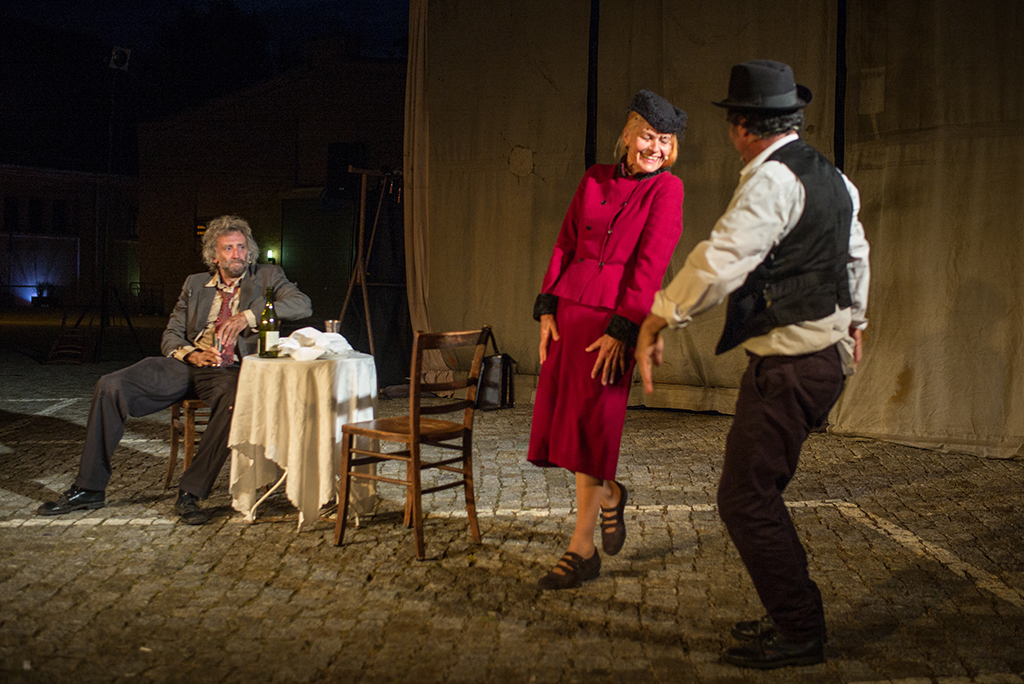
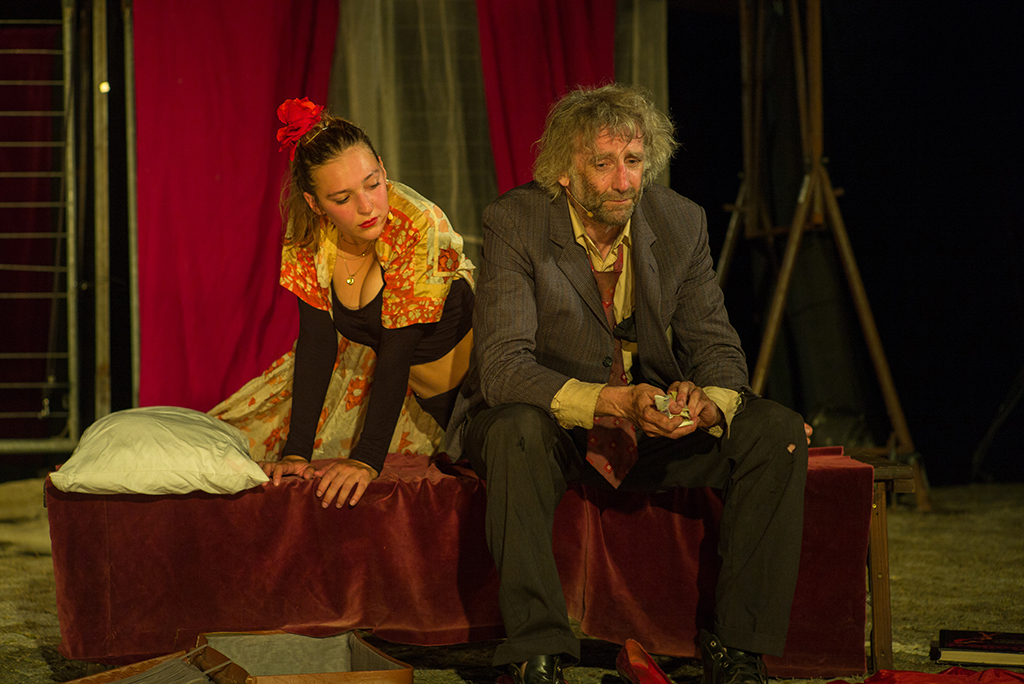
THE LEGEND OF THE HOLY DRINKER by Joseph Roth
Andreas, a Parisian clochard, is a drinker. He receives two hundred francs from a distinguished gentleman, which is really intended as a donation to St. Therese of Lisieux as soon as he can afford to pay it back. And things are really looking up for Andreas. Now he can return the money as promised. Very soon. Right after the next Pernod.
JOSEPH ROTH
Joseph Roth was born on 2 September 1894. His mother was Jewish; he never knew his father. Roth was ever the restless wanderer with no real sense of home. He came from Brody in Eastern Galicia, a small town at the farthest reaches of Austria-Hungary, then a multi-ethnic empire. He would mourn for this place his entire life. After studying in Vienna, he initially wrote poems and later also novels (including Job and Radetzky March). He became one of the highest paid journalists of his time. When the National Socialists came to power, Joseph Roth left Germany like many other ostracised authors and went into exile in Paris. Finding himself stateless, he wrote “Now I have only one home: the German language”.
He wrote in cafés. He wrote every day until sunset and until the last days of his life and drank until he died.
Joseph Roth loved above all ordinary people and knew how to find poetry in the everyday.
“Roth liked to tell his stories the way he wrote his articles: in both, he was a great reporter. It wasn’t that he scorned poetry, but rather the means of expression that are considered poetic. And the more lyrical the motifs of his prose – for example, in The Legend of the Holy Drinker, which is truly a legend and one of the most beautiful composed in this century – the more objective and precise the presentation.” (Marcel Reich-Ranicki)
Joseph Roth wrote The Legend of the Holy Drinker in the spring of 1939. He died on 27 May of the same year. It was his last story, a miraculous tale, a melancholy and conciliatory legend, which he referred to as his last will and testament.
A TON UND KIRSCHEN PRODUCTION Margarete Biereye, Francesco Bifano, Regis Gergouin, David Johnston, Rob Wyn Jones, Nelson Leon, Zina Méziat, Daisy Watkiss.
ARTISTIC DIRECTION Margarete Biereye & David Johnston
PHOTOGRAPHY by Jean-Pierre Estournet
TRAILER by Stephan Samuel
PRESS
Junge Welt, Katrin Lange, August 2020
(…)The stage area is bounded by rotating walls that suggest a luxury hotel, a church and night bar. They are constantly shifting. Six actors hop from role to role; only the actor playing Andreas (Rob Wyn Jones) has no other part. They leave nothing out: there’s singing and dancing, a small band performs; the acts of driving in an imaginary taxi and laying a table are played as slapstick mummery. An “employer” swings a ringleader’s whip and the “employees” dance in a ballet of trained animals. And then – then the play plunges into protagonist’s loneliness, becoming deeply serious. On his death, the other actors form a gentle pietà … What is this? A black comedy with a deathly ending? Bright tragedy full of hope? It’s both.
(…) Dark and light, laughter and tears rolled into one, insight and consolation, utopia and farce – it has a bit of everything. This is how theatre should be.
Junge Welt, Katrin Lange, August 2020
Read it in French
Textur, Büro für Text und Kultur, Astrid Priebs-Tröger, August 2020
(…) With the regular ups and downs of feeling and the whirl of encounters that Andreas makes, the audience itself is left emotionally shaken.
And if you really listen to the underlying fairy-tale tone of the narrative, you get a frightening feel for the soullessness of the present moment that we ourselves live in, in which “above” distances itself increasingly pitilessly from “below”.
Read it in French
MAZ, Lars Grote, August 2020
(…) The premiere of “The Legend of the Holy Drinker” by Joseph Roth has turned out to be a melancholy, masterful piece of theatre of the soul in Potsdam.
(…) Margarete Biereye and David Johnston’s version is imbued with Joseph Roth’s melancholic, fairy-tale tone and is by no means an accusatory or admonishing social drama.
Read it in French
Berliner Zeitung, by Torsten Wahl, August 2020
Read it in French
Kultursegler, Heidi Jäger, Oktober 2020
(…) This is theatre in its most beautiful form: light as a feather and deeply thoughtful.
(…) The magic of the evening is its mixture of slapstick, music, acrobatics, puppet show – and imaginative enchantment over and over. And yet this inventive staging is also grounded, reflecting in a simple way on subjects such as conscience, temptability, property and decency.
Read it in French
Kultur extra, Das online-Magazin, Stephan Bock, August 2020
(…) The seven actors give the versatile performances one has come to expect from this theatre company. Three rotating walls provide the Parisian backdrops, by turns a bistro, a hotel and a church. Each effect is achieved with very few resources, be it a puppet show featuring St. Therese or a slapstick turn by the staggering drinker.
Read it in French
Read it in French